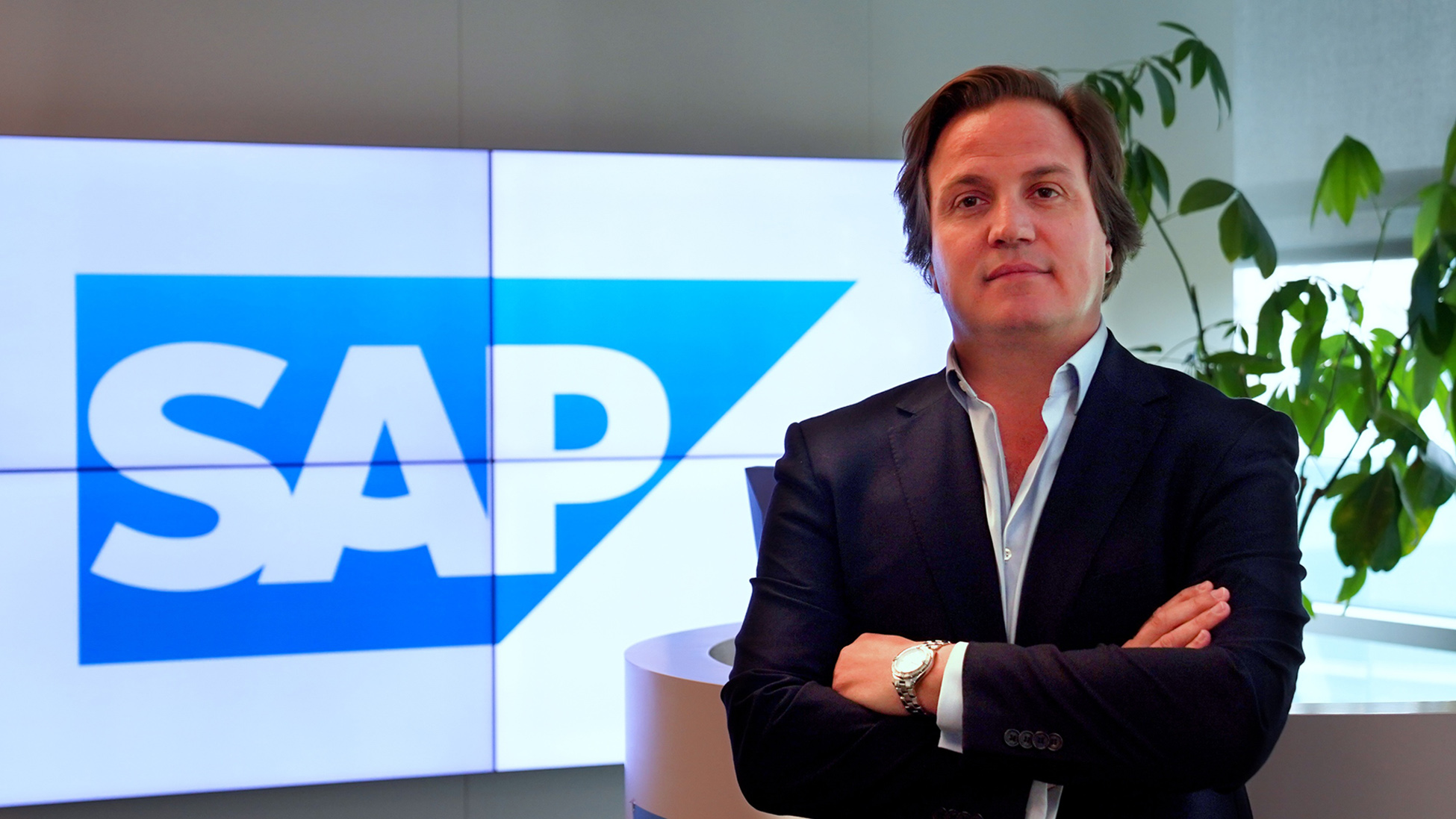
Adapt or Die Warning to Business Leaders Regarding The New Social Contract in work.
Only 21 percent of empolyees globally feel engaged in their jobs
A fundamental shift is occurring in the relationship between employers and employees, signalling the rise of a new social contract. For business leaders, adapting to this change is not optional—it’s essential for future success.
The end of the traditional social contract
The old social contract between employers and employees was straightforward: companies provided stable jobs, and employees offered loyalty and hard work. However, this balance shifted dramatically over the past few decades. As shareholder capitalism dominated, employers prioritized short-term profits over long-term relationships, leading to stagnating wages, fewer benefits, and reduced job security. Employees, in turn, became increasingly disengaged, costing businesses more and delivering less.
The COVID-19 pandemic exacerbated this breakdown. As employees shifted to remote work and reconsidered their priorities, many realized that flexibility, work-life balance, and purpose were critical to their wellbeing. The realization that employers weren’t always delivering on these expectations fueled the emergence of a new social contract built around mutual respect, flexibility, and shared purpose.
The consequences of a broken system
This shift has had serious consequences for both businesses and employees. Disengaged workers, feeling overworked and undervalued, have led to declining productivity, creativity, and innovation.
Gallup's 2023 report shows that only 21% of employees globally feel engaged in their jobs—a clear signal of dysfunction in how organizations manage their workforce.
The impact on employees is equally stark. Burnout, stress, and declining mental health are on the rise, affecting not only individual wellbeing but also family life and broader societal health. Deloitte reports that poor mental health costs the global economy over $1 trillion annually in lost productivity, emphasizing the need for businesses to rethink their approach to employee engagement and support.
What employees want in the new contract
The new social contract revolves around key demands: flexibility, meaningful work, and companies that align with employees' values. Flexibility, particularly the option to work remotely or in hybrid models, has become a priority. Employees now expect their work to offer personal fulfillment and growth opportunities, rather than just a paycheck. Generation Z, in particular, places a high value on working for companies that are purpose-driven and socially responsible. McKinsey's 2022 study found that 82% of Gen Z workers prioritize company values when considering job offers.
Risks for businesses that resist change
Companies that fail to adapt to this new social contract risk falling behind. In a competitive, talent-driven economy, businesses that cling to old models will struggle to attract and retain top talent. PwC reports that 86% of employees would leave a job if they felt their employer didn’t support their well-being or values.
Those who fail to offer flexibility or support employee well-being will find themselves losing out to more forward-thinking competitors.
Additionally, companies that resist change may face reputational damage. In today’s socially conscious market, consumers, investors, and employees alike expect businesses to demonstrate ethical leadership and social responsibility. Businesses that ignore these expectations could suffer lasting harm to their brand and ability to compete.
The path forward: leading through change
Adapting to the new social contract requires a shift in leadership. Senior leaders must prioritize open communication, flexibility, and employee wellbeing. Creating a workplace culture that fosters trust and respect is not just beneficial—it’s necessary for business longevity.
Investing in mental health and personal development is crucial.
The World Health Organization estimates that for every $1 invested in mental health initiatives, companies see a $4 return in improved productivity and reduced absenteeism.
Additionally, aligning business goals with broader societal and environmental objectives attracts talent, enhances company reputation, and drives long-term success.
Where to start?
It all begins with understand where your organisation is today. The great news is that gathering this understanding is now possible and could be concluded in 2024, providing powerful insights for an intentional 2025 people strategy.
WellWise enables organisations to discover how close (or far away) their organisation is to achieving the new social contract in the eyes (and hearts) of their employees. We then identify the scale and nature of the gap and deliver strategic recommendations and priorities that provide senior leaders with the data and insights necessary to make informed decisions and propel continuous improvement. This in turn sets the strategic priorities for your people team and gives them ongoing measures to assess whether the changes and investments made are moving your organisation closer or further from the target.
We also advise where capital is currently being wasted and where it should be redirected to drive greater impact. It isn't about spending more, but rather spending better.If this sounds like it could be useful, please reach out for a free initial discussion and demonstration.

 EN
EN AR
AR HI
HI ES
ES FR
FR DE
DE











